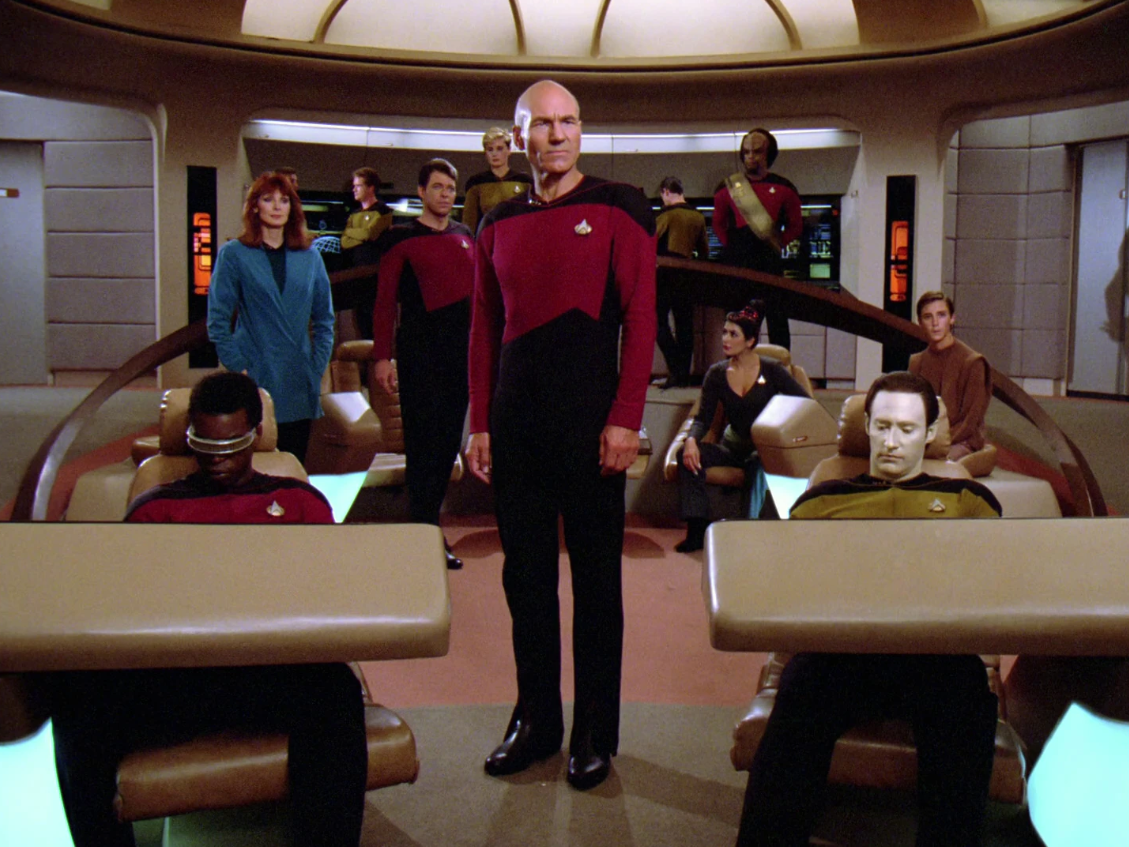My family used to watch Star Trek: The Next Generation together. We all loved the show. The characters who occupy the command center of the ship have a formal way of interacting with one another and solving problems when they crop up – whether it's a Borg ship or someone in distress, they have a quick and accurate way to communicating to one another what they're observing, what the problem is, and what they need.
This kind of communication is the strength of P.E.T. and other Gordon programs, like Leader Effectiveness Training and Teacher Effectiveness Training. It offers a way to identify what the problem is and who owns it, and gives valuable practice time in learning to communicate in ways that smooth out the problem or resolve it instead of keeping everyone going around in a circle.
Sometimes, people who are new to P.E.T. think that using I-Messages ("When you agreed to unload the dishwasher and don't do it, I feel frustrated and have to wash my own plate") instead of You-Messages ("You jerk! You didn't unload the dishwasher!") is stiff and formal. It's not the way most people talk. Sometimes it can seem like overkill.
But the point of P.E.T. is not to speak so formally all the time. Oftentimes we're in the No Problem zone – things are okay, nobody's signaling that they have a problem, there's no conflict. When there's no problem present, it's fine to speak normally, make jokes, even use You-Messages if they're playful.
I like to use the metaphor of the bridge from Star Trek. When I have a problem, I'm going to speak more formally so that I don't muddy the water with blame or confusion. It's out of respect for the people I share my life with. And when I get these slightly-more-formal constructions from others who have taken Parent Effectiveness Training, Leader Effectiveness Training, or Be Your Best – I know to appreciate the way they're communicating. I recognize it as a common currency. Someone's taken the time to let me know that my behavior is causing a problem for them, and they want to minimize the chances that I'll feel blamed or defensive.
Yeah, it might seem a little stilted at first, but I like to pretend I'm on Star Trek. It's also just a phase – most people say that the way of communicating that they learn in P.E.T. begins to feel much more natural over time.
And when there's no Borg on the horizon, toddlers throwing food, or other problems present – let your hair down!




Member discussion